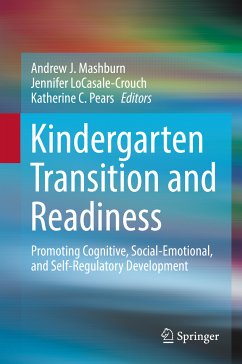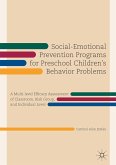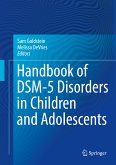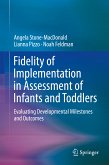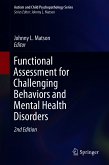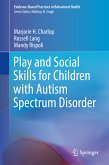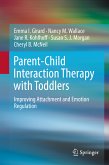This book presents a comprehensive overview of children's transitions to kindergarten as well as proven strategies that promote their readiness. It presents theories and research to help understand children's development during the early childhood years. It describes evidence-based interventions that support children in developmental areas essential to school success, including cognitive, social-emotional, and self-regulatory skills. Chapters review prekindergarten readiness programs designed to promote continuity of learning in anticipation of the higher grades and discuss transitional concerns of special populations, such as non-native speakers, children with visual and other disabilities, and children with common temperamental issues. The volume concludes with examples of larger-scale systemic approaches to supporting children's development during the transition to kindergarten, describing a coherent system of early childhood education that promotes long-term development.
Featured topics include:
- Consistency in children's classroom experiences and implications for early childhood development.
- Changes in school readiness in U.S. kindergarteners.
- Effective transitions to kindergarten for low-income children.
- The transition into kindergarten for English language learners.
- The role of close teacher-child relationships during the transition into kindergarten.
- Children's temperament and its effect on their kindergarten transitions.
Kindergarten Transition and Readiness is a must-have resource for researchers, clinicians and related professionals, and graduate students in child and school psychology, educational psychology, social work, special education, and early childhood education.
Dieser Download kann aus rechtlichen Gründen nur mit Rechnungsadresse in A, B, BG, CY, CZ, D, DK, EW, E, FIN, F, GR, HR, H, IRL, I, LT, L, LR, M, NL, PL, P, R, S, SLO, SK ausgeliefert werden.

